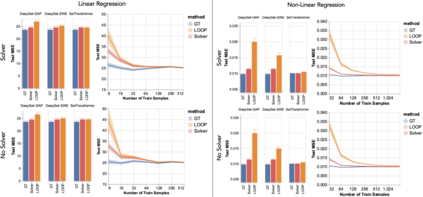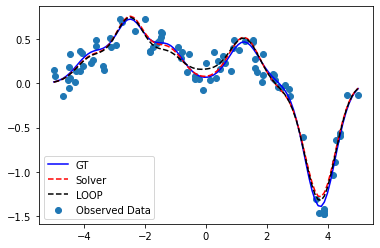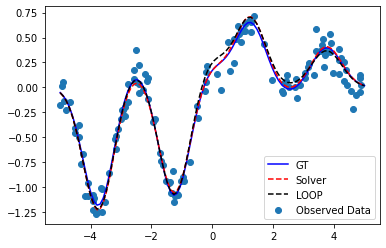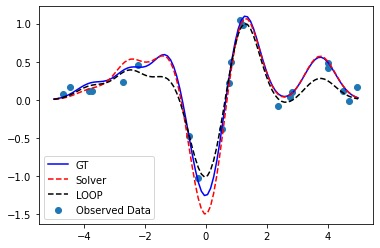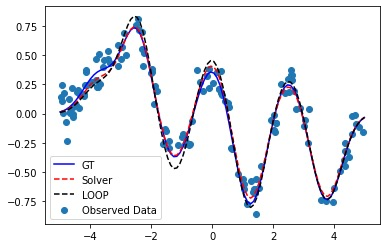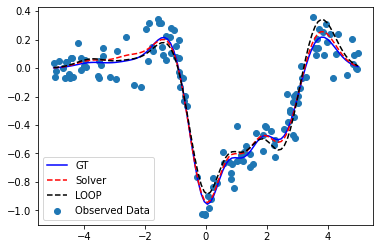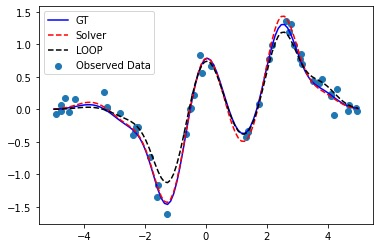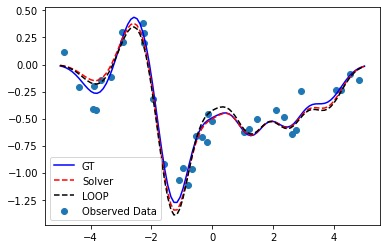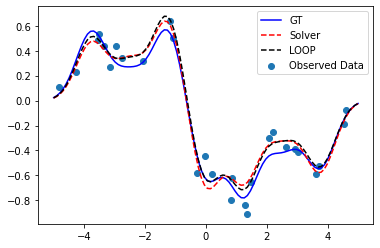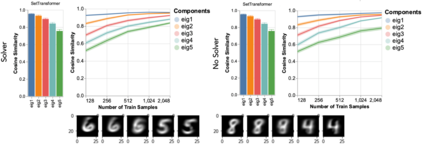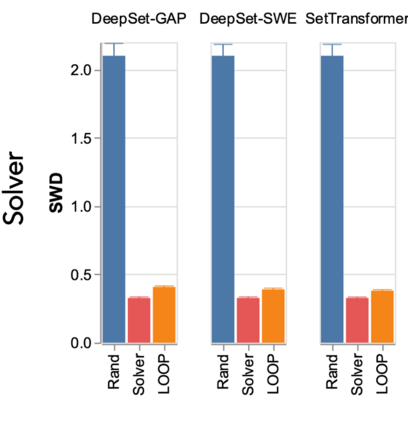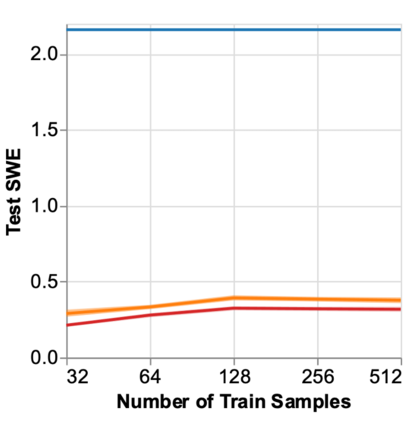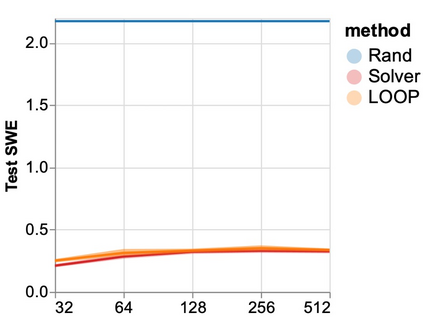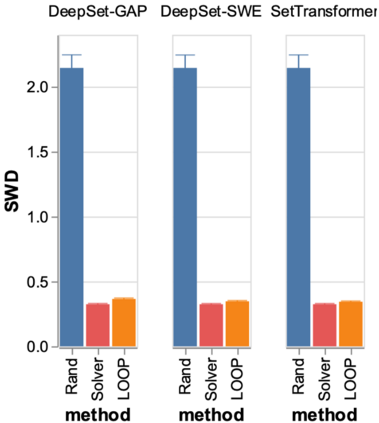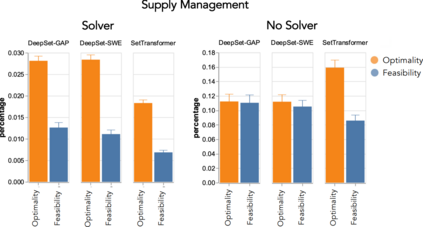Leveraging machine learning to facilitate the optimization process is an emerging field that holds the promise to bypass the fundamental computational bottleneck caused by classic iterative solvers in critical applications requiring near-real-time optimization. The majority of existing approaches focus on learning data-driven optimizers that lead to fewer iterations in solving an optimization. In this paper, we take a different approach and propose to replace the iterative solvers altogether with a trainable parametric set function, that outputs the optimal arguments/parameters of an optimization problem in a single feed forward. We denote our method as Learning to Optimize the Optimization Process (LOOP). We show the feasibility of learning such parametric (set) functions to solve various classic optimization problems including linear/nonlinear regression, principal component analysis, transport-based coreset, and quadratic programming in supply management applications. In addition, we propose two alternative approaches for learning such parametric functions, with and without a solver in the LOOP. Finally, through various numerical experiments, we show that the trained solvers could be orders of magnitude faster than the classic iterative solvers while providing near optimal solutions.
翻译:利用机器学习促进优化进程是一个新兴领域,它有望绕过传统迭代求解器在需要近实时优化的关键应用中造成的基本计算瓶颈。大多数现有方法侧重于学习数据驱动优化器,从而在解决优化方面导致较少迭代。在本文件中,我们采取不同的做法,并提议用一个可培训的参数组合功能来完全取代迭代求解器,在单一反馈中输出优化问题的最佳参数/参数。我们表示我们的方法是学习优化优化优化进程(LOOP)。我们展示了学习此类参数(设置)功能以解决各种经典优化问题的可行性,包括线性/非线性回归、主要组件分析、基于运输的核心小组和供应管理应用程序中的四面形程序。此外,我们提出了两种不同的方法来学习这种参数功能,在LOOP中既使用又不使用一个求解器。最后,通过各种数字实验,我们表明经过培训的解决方案可能比典型的迭代求解解器更快,同时提供近于最佳解决方案。


